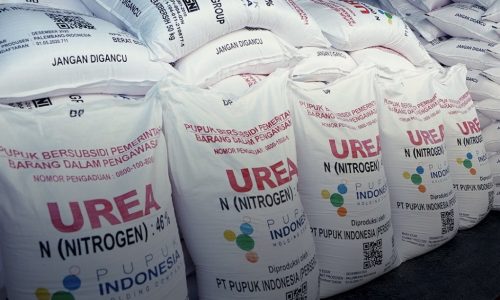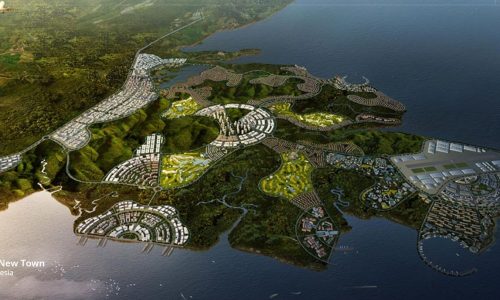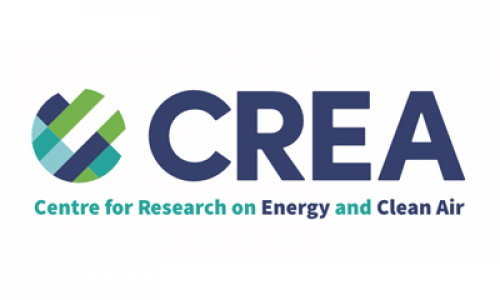The Ministry of Energy and Mineral Resources (ESDM) awaits approval from President Joko Widodo for the revision of Ministerial Regulation No. 26/2021 on the development of rooftop solar power plants (PLTS) at the beginning of this year. The harmonization process of the regulatory revision has been completed after the Ministry of Finance softened its stance on potential subsidy burdens or financial impacts on state-owned electricity company PT PLN due to the relaxation of rooftop solar installations for the general public.
Director General of Electricity Jisman P. Hutajulu, said while addressing a press conference in Jakarta on Thursday that he is optimistic the Ministry of Finance is now more receptive to the proposed changes. He hoped that the approval of the revised provisions in the PLTS regulation will boost investment and the installed capacity of rooftop solar power plants in the future.
While acknowledging concerns about the subsidy burden, Jisman said that discussions with the Ministry of Finance have addressed questions about the potential impact on the government if the regulation is implemented. The revision of Ministerial Regulation No. 26/2021 on Rooftop Solar Power Plants, linked to the Public Electricity Supply Business Permit (IUPTL) for Public Purposes, is expected to find a middle ground between the interests of PLN, the industry, and individuals who want to increase solar panel installations.
Previously, the ESDM planned to remove the capacity limits for installed rooftop solar power plants to accelerate investment in the sector. Instead, a quota-based development scheme would replace the previous upper capacity limit formula. Other provisions related to the export scheme of electricity, intended to reduce the bills of consumers with rooftop solar installations, will be eliminated in the revised regulation. This move aims to alleviate the financial burden on the state-owned electricity company amid the current oversupply of electricity.
Furthermore, the revised regulation will eliminate capacity-related costs for industrial customers. Stakeholders in the solar panel industry have been advocating for clear investment rules and development guidelines domestically due to the prolonged revision of the policy. They emphasize the need for swift finalization and implementation of the revised regulation to provide certainty for industry players and customers regarding the rules governing rooftop solar power plants in Indonesia.
Separately, Chief Commercial Officer of SUN Energy, Dion Jefferson, stressed the need for PLN to expedite the bidding process for energy transition projects such as Hijaunesia 2023 and the dedieselization program, which have yet to be completed. As of the end of 2022, Indonesia’s installed solar panel capacity stood at 0.3 gigawatts, significantly lagging behind Thailand and Vietnam with capacities of 3.1 GW and 18.5 GW, respectively. The country also trails Malaysia, the Philippines, and Cambodia, each recording installed capacities of 1.9 GW, 1.6 GW, and 0.5 GW in 2022. According to PLN’s Power Supply Business Plan (RUPTL) ending in 2030, the company aims to achieve 5 GW of installed solar panel capacity by that time. Management consultancy McKinsey and Company projects that PLN needs to incorporate approximately 0.7 GW of solar electricity into the system annually to meet the electricity supply target.









